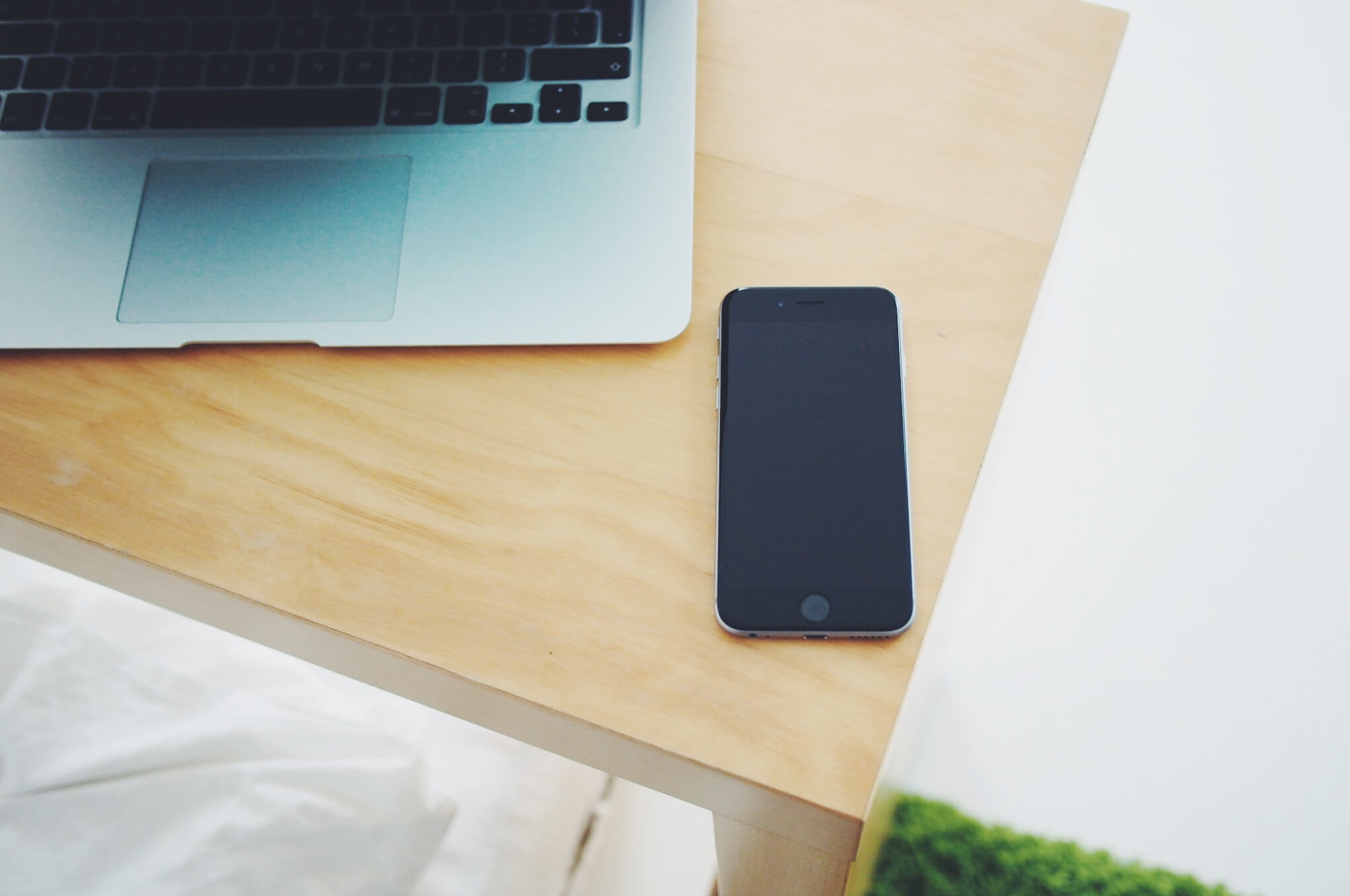I am, for the most part, a happy person, but I would not be described as cheery by my friends or family. However, if you were to read one of my emails or Slack messages, I am a bubbly ball of joy.
Until last week, I forced exclamation marks into my daily digital interactions. They were littered throughout text messages to my peers, Slack reminders to my coworkers, and even emails to my professors, littering my language with glyphs of false enthusiasm. My words did not feel like my own, and I started to despise my various empty correspondences. Eventually, I stopped including exclamation marks in my notes, instead opting for periods, or excluding punctuation altogether if the exchange was casual. Acting on this introspection, I felt immediately relieved, yet, I was met with strong opposition from my peers. I received replies like “Are you mad at me?” and “Is everything ok??” I tried reassuring them by using emoticons or elongated vowels in place of exclamation marks, but those do not come naturally to me either.
Spending hours wondering whether to include exclamation marks in messages or not is a uniquely gendered experience: When someone receives written communication from a woman, they expect a certain degree of vivacity, and in most cases, it is delivered. According to a 2006 study published in the Journal of Computer-Mediated Communication, women use more exclamation marks than men when writing emails in order to seem more friendly. However, when it comes to using an exclamation mark, women are put in a ‘damned if you do, damned if you don’t’ situation: If you use them too much, you are unprofessional. If you use them too little, you are a bitch. If you use them because you feel like you have to, you are not being yourself. And, if you use them because it feels natural, you are supporting the patriarchy.
I find that the problem of overly amicable texting is rooted in the fact that women are socialized to conform to what men are comfortable with: An email lacking exclamation from a woman is often assumed to be cold or mean, while a similar email from a man is seen as casual workplace communication. Worrying about something as insignificant as exclamation marks is a form of emotional labour reserved for women subconsciously trying not to emasculate men.
Recent studies affirm that women would benefit from being more assertive, more vocal, and from apologizing less. In my classes and workplace, I witness my female colleagues not advocating for themselves, and the results are devastating. A brilliant idea that a woman mumbles will be shouted by a man within seconds, and nearly every time, he will get the credit. The common denominator in assertion, vocality, and refusing to apologize, is that in order to get ahead in life, women should behave more like men. This idea is very unsettling, and what is more, I am disappointed in myself for upholding these stereotypically male ideals by being intense and insistent; although perhaps if I were a man, I would just be acting professionally. Communication within a professional context is a key element in the pay-gap between men and women: Workplaces are set up in a way that respects men who demand raises or promotions, and disregards their female counterparts for doing the same.
Instead of encouraging women to participate in this unnecessary and, quite frankly, obnoxious behaviour, we should inspire a culture that is not dominated by stereotypically male norms. I would love to live in a world where using exclamation marks was a universal way of expressing enthusiasm rather than a mark of femininity, and therefore inadequacy. For now, I will continue to operate in the gendered divide of communication. I will keep writing emails, Slack, and text messages the way a man would, and advocating for myself at the cost of being perceived as cold.








